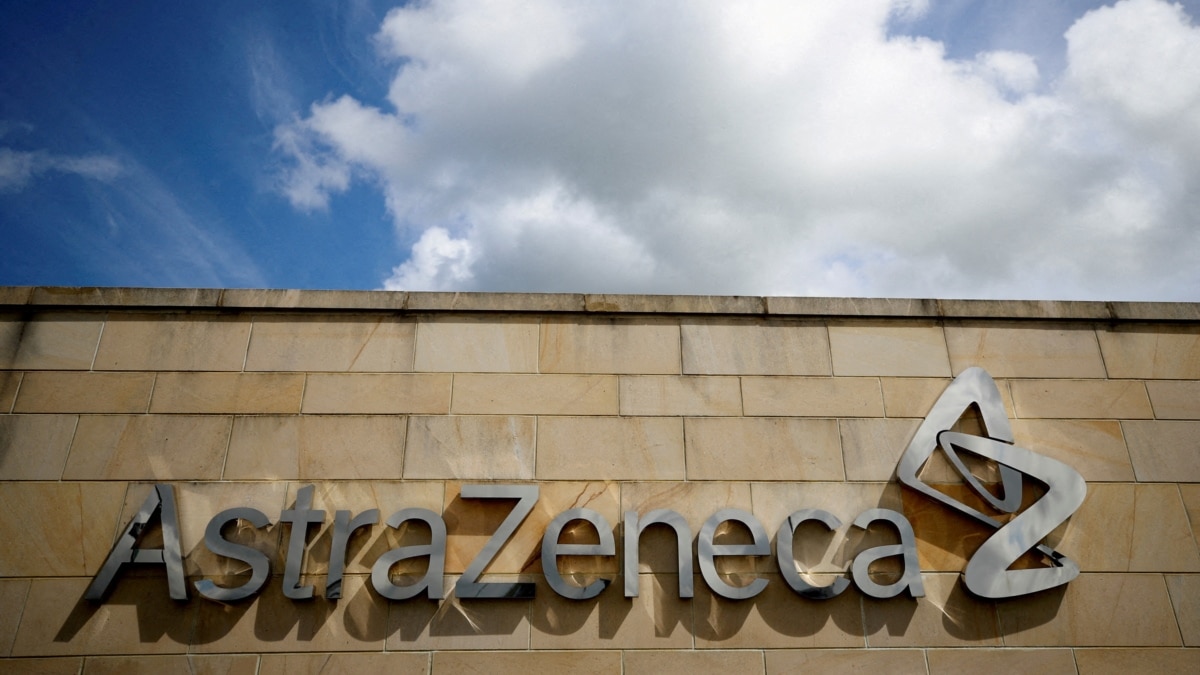Results from a clinical trial released on Sunday showed that taking a daily pill after surgery to remove a tumor halved the risk of dying from certain types of lung cancer.
The results were presented at the largest annual conference of cancer professionals hosted by the American Society of Clinical Oncology in Chicago.
Lung cancer is the leading cause of death, causing approximately 1.8 million deaths worldwide each year.
The treatment, developed by the pharmaceutical group AstraZeneca, is called osimertinib and is marketed under the name Tagrisso. It targets specific types of lung cancer in patients with the most common type of so-called non-small cell carcinoma and exhibiting specific types of mutations.
These mutations, called epidermal growth factor receptor (EGFR), affect 10-25% of lung cancer patients in the United States and Europe and 30-40% in Asia.
The clinical trial involved approximately 680 participants with early stage disease (stages 1b to 3a) in more than 20 countries. They first had to undergo surgery to remove the tumor, after which half of the patients received daily treatment and the rest received a placebo.
The results showed a 51% reduction in the risk of death in patients treated with taking the pill compared to placebo.
After 5 years, 88% of treated patients were still alive compared to 78% of those who received placebo.
These data are “impressive,” said Roy Herbst of Yale University, who presented them in Chicago. At his press conference, he added that the drug helps “prevent cancer from metastasizing to the brain, liver and bones.”
About a third of non-small cell cancer cases are operable when discovered, he said.
“I think it’s hard to convey how important this finding is,” Nathan Pennell of the Cleveland Clinic Foundation told a press conference.
“We are entering an era of personalized care for early-stage patients,” said Pennell, who did not participate in the trial. It pointed out. – Small cell lung cancer. “
Osimertinib is already approved for various indications in dozens of countries and has been administered to about 700,000 people, according to an AstraZeneca press release.
Its early approval in the U.S. in 2020 was based on historical data showing improvements in disease-free survival, or how long patients can live without their cancer coming back.
But not all doctors have embraced the treatment, and many were waiting for the overall survival data to be released on Sunday, Herbst said.
He emphasized the need to screen patients to see if they have EGFR mutations. Otherwise, “this new treatment cannot be used,” he said.
Receptor-targeted osimertinib causes side effects such as severe fatigue, skin rash, and diarrhea.




